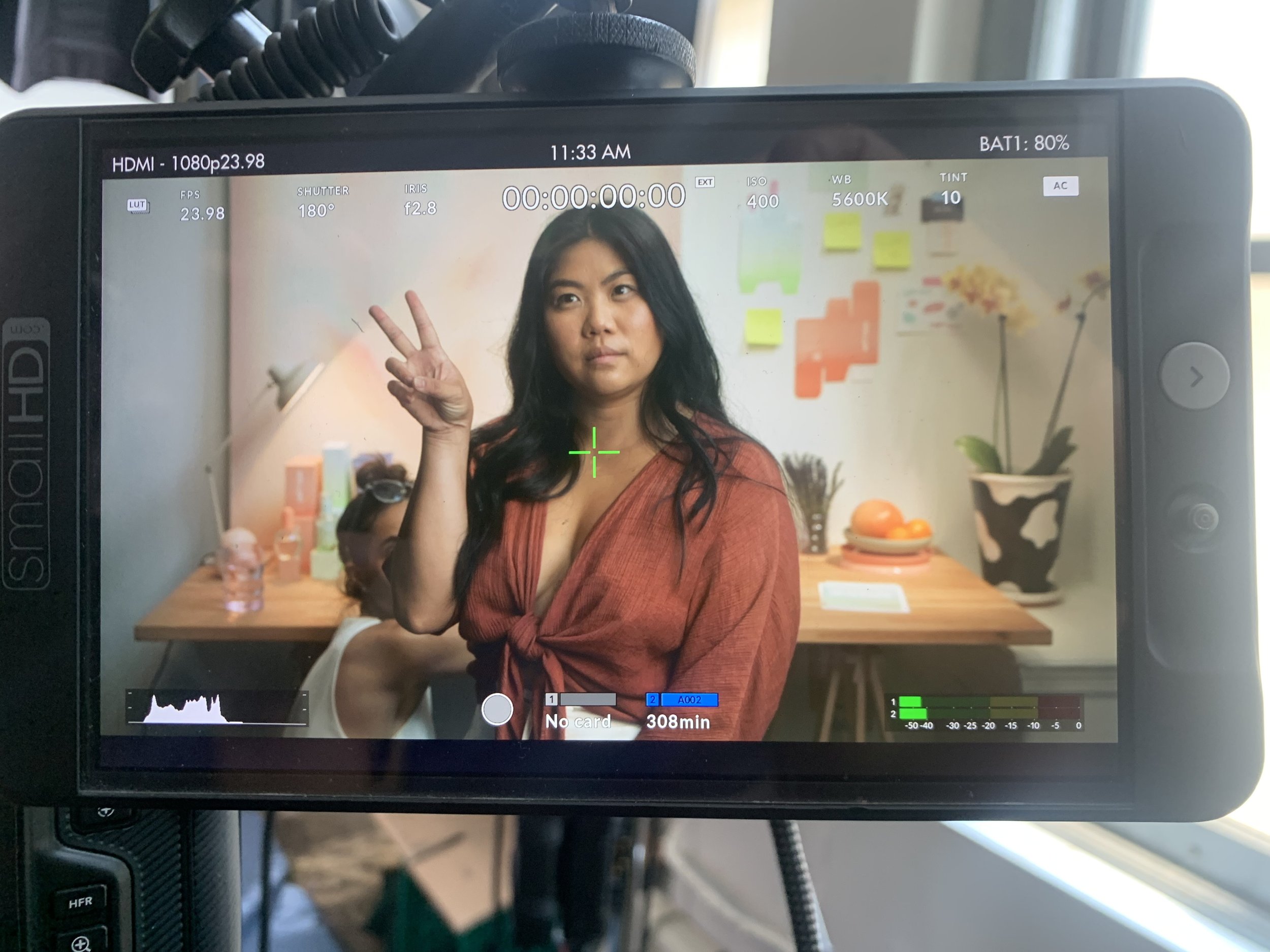All About Selfmade: The Intersection of Psychology and Skincare
“A large amount of the marketing [in the beauty industry] is to exploit flaws and create a deficit mindset to feel like we can buy something in a transactional experience to feel better in that moment, but it doesn’t. As women, we’re prime targets for this, unfortunately,” said Stephanie Lee, founder of Selfmade.
Lee came to her realization about the beauty industry before creating her company. She first started working at MAC Cosmetics. “I was interested in how you create products. I started to think about the problems consumers were facing in the industry. As I went further in my career, everything from the outside looked perfect, but I realized I didn’t know how to be appreciated for my messy and imperfect side.”
Because of this, Lee suffered from a mental health crisis in 2016. “I was so anxious and depressed and realized I never had any tools, resources, or conversations around my mental health. I didn’t know how to take care of myself,” Lee stated.
She started going to therapy and took the opportunity to re-meet herself for the first time. She became more aware of the environment around her working in the beauty industry. She found that so much of it was transactional, with many companies using phrases such as, “Buy this jar of cream and you will feel better.” Lee remembers saying to herself, “This is so messed up the fact that I'm spending so much money to embrace the inherent worth that I was born with and this whole industry takes advantage of it.”
Stephanie Lee
Lily Karnavas, founder of She-Preneur Media said, “I can tell you that I have experienced firsthand how beauty advertising has impacted young women’s beauty standards. As a young girl, I felt extremely insecure about the way I looked based on advertising for beauty products.”
She recalls one of them being a commercial for a product from Maybelline. “I had terrible acne at the time, and the girl in the advertisement had stunning, clear skin, and I felt so unheard and insecure. The reality is, the beauty industry is selling what people wish they had, and banking on the insecurities of young women to make a profit,” Karnavas said.
After about four years in the beauty industry, Lee decided to travel around the world to discover what it means to be vulnerable and take care of oneself. She went to 11 countries and 16 states and talked to people across the world about mental health. She found that the relationships with mental health vary depending on the culture. The question Lee brought with her across the world was, “How can we take the difficult lessons of self-love learned during therapy and make it more accessible?”
Lee decided to enter the personal care and beauty market and create the psychodermatology brand, Selfmade. “I developed all the products with mental health experts. The goal of the company is to use the time spent in front of the mirror for a kinder self-exploration,” Lee explained.
Lee said, “psychodermatology is interesting because when I started this business, I was also in a mental health crisis. My skin was breaking out and my hair was falling out. I realized the root cause wouldn't be solved by going to Sephora, but it was because my body was under so much stress. Stress is the number one trigger for any dysfunction in the body.”
Lee calls upon the beauty industry and her consumers to embrace feeling good and bad at the same time. She believes the human experience is across a spectrum. “Believing that the world is just black and white does not allow space in the middle to be the messy humans that we are.”

